6 Grocery Shopping Safety Tips That Don't Actually Work
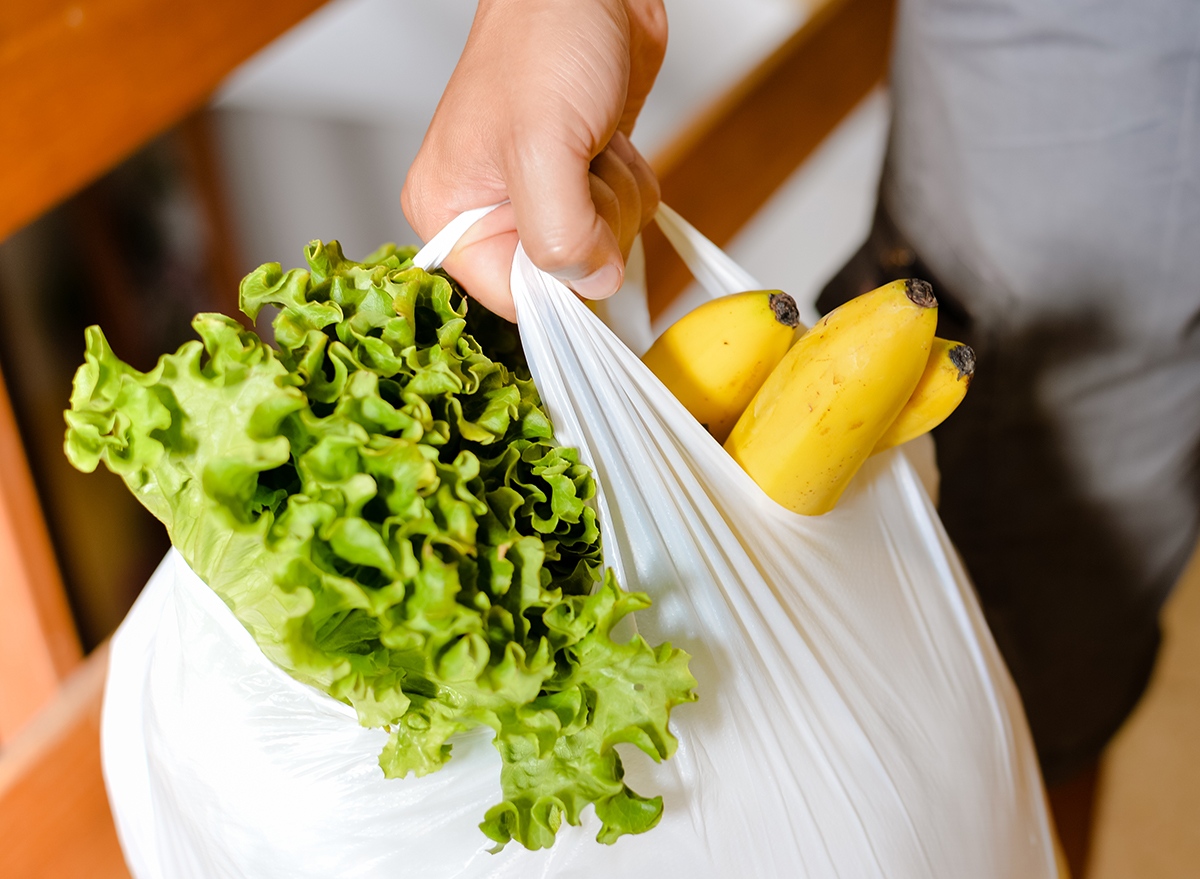
We've spent the majority of 2020 battling COVID-19, yet some people are still unsure of best practices for staying safe while grocery shopping. It's no wonder—there's a lot of misguided information floating around. Do you have to wipe down your food when you get home? Is it true that reusable shopping bags are a hazard? Is hand sanitizer safer than wearing gloves?
Here are 6 shopping safety tips that won't actually keep you safe… and what to do instead. (And for more, check out these 33 worst mistakes you can make at the grocery store.)
Wearing gloves
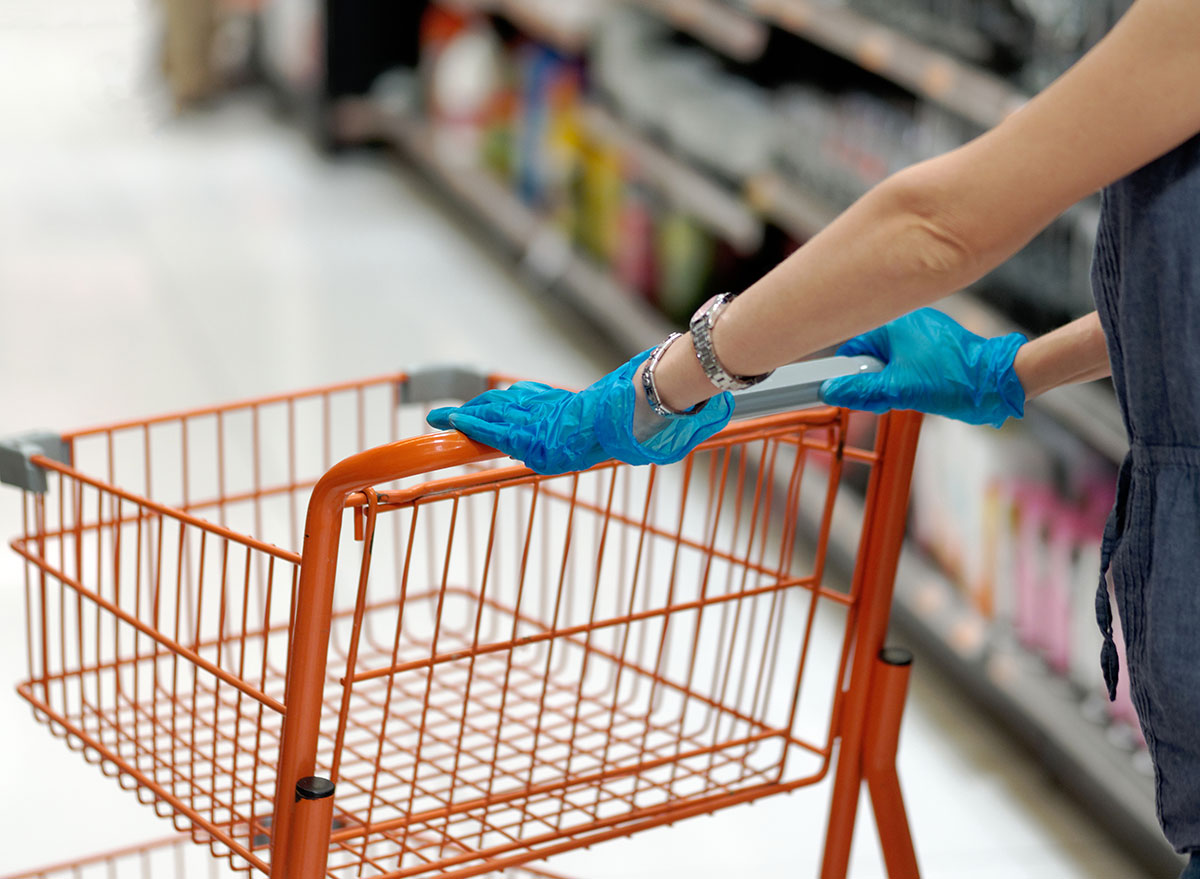
According to the CDC, unless you are caring for someone who is sick, most other situations, such as grocery shopping, don't require donning gloves.
Your best bet is to stay at least six feet from other shoppers, wash your hands with soap and water when you get home (and using hand sanitizer in the meantime), and wearing a face mask in public. (Related: Sign up for our newsletter to keep yourself informed of the latest grocery shopping news.)
Wiping down food packaging
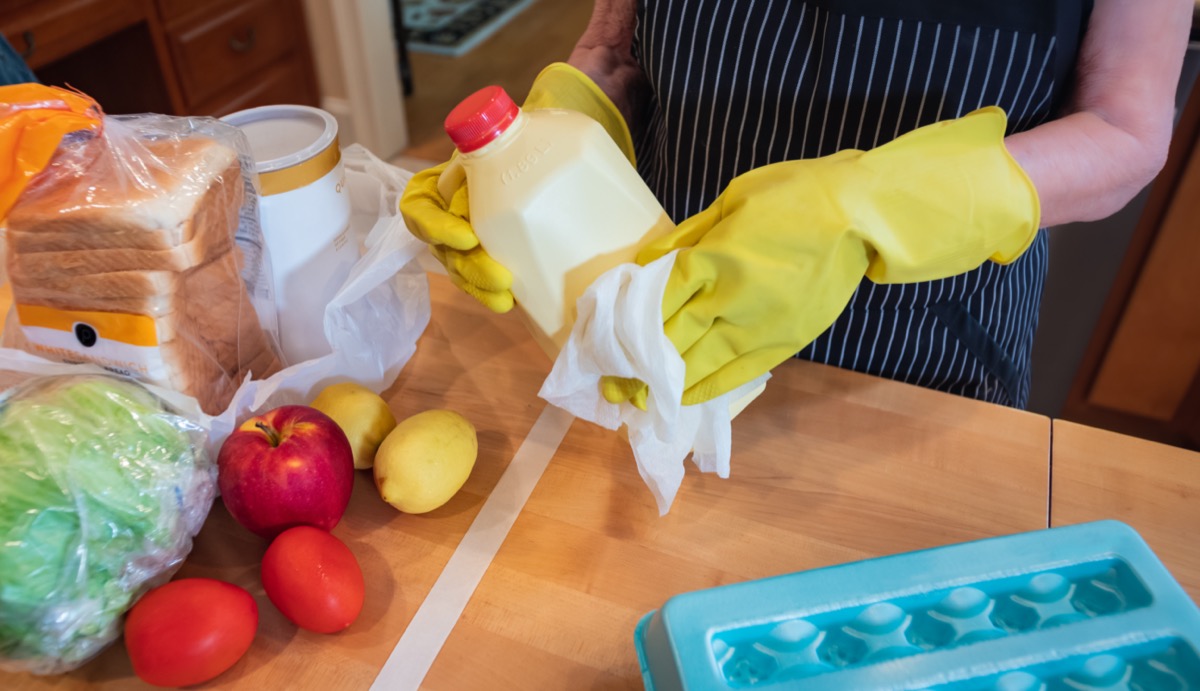
There is no evidence of food packaging being associated with the transmission of COVID-19, according to both the FDA and the CDC. However, if you're worried about it, the FDA suggests you wipe down product packaging and allow it to air dry as an extra precaution. (Related: How to Wash Fruits & Veggies Safely During the Coronavirus Pandemic.)
Leaving groceries in your car for 3 days
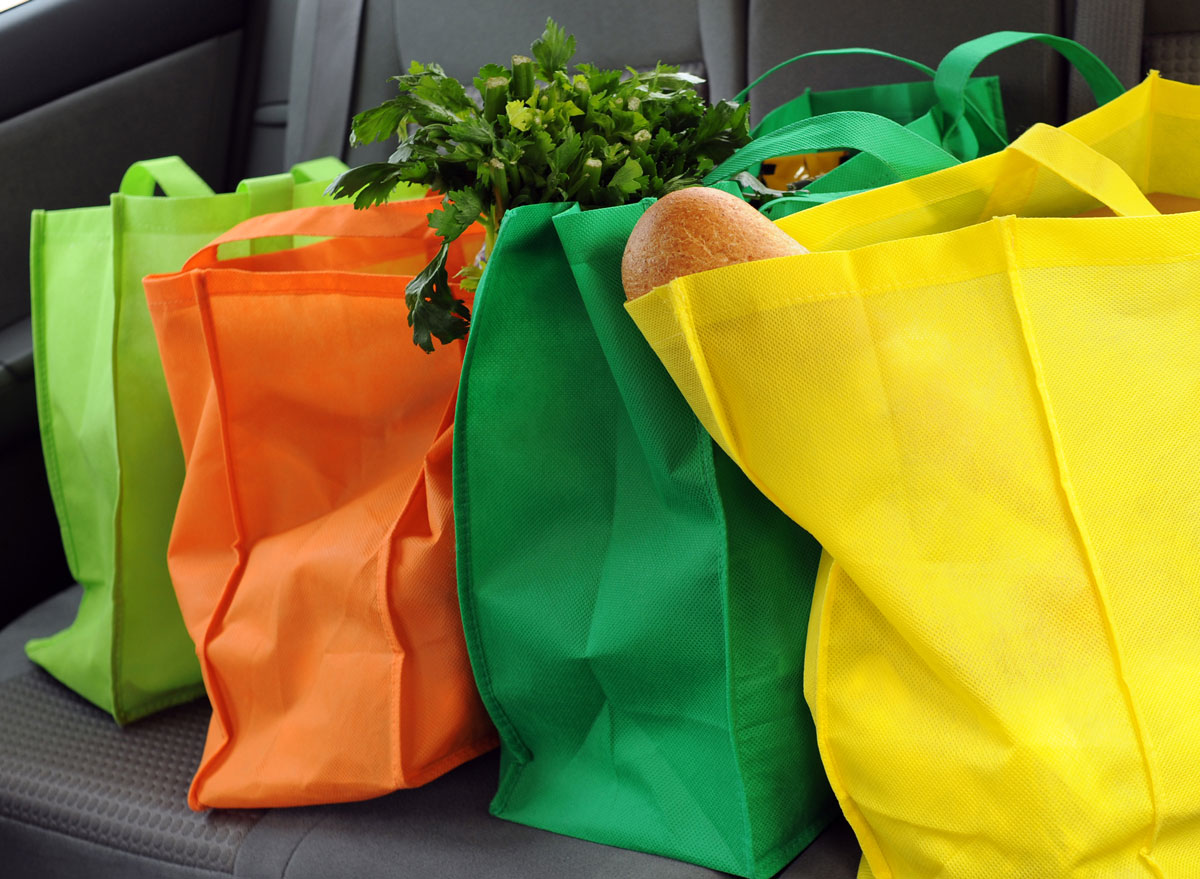
This is just a bogus hack that unfortunately went viral after the New England Journal of Medicine published research that found COVID-19 can live on certain surfaces for up to three days. But as Donald Schaffner, a professor of food science at Rutgers University, said, if you're going to get sick from the grocery store, it won't be from your groceries—it will be from other people.
If you're worried about the safety of your food packaging, Schaffner suggests washing your hands after you remove the food from the shopping bags. "The probability that there's coronavirus there is rather small anyway," he said. "And even if it is there, washing your hands will get rid of it."
Relying on hand sanitizer
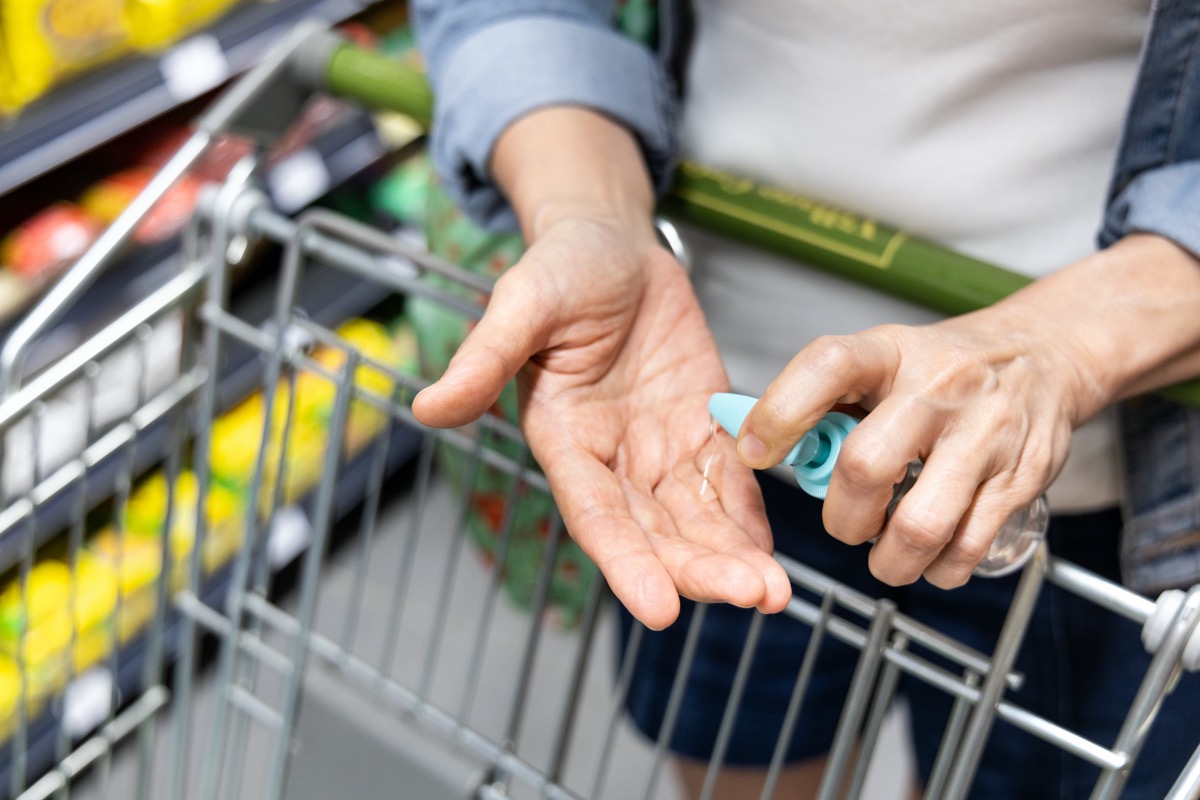
A few pumps of hand sanitizer before and after shopping will keep the virus at bay, right? Not quite, says the Department of Health. Although hand sanitizers (if used correctly) can effectively kill some germs on your hands, it's not a cure-all. The DOH explains that sanitizer only has an effect on the outer layer of film on your hands.
The best way to clean your hands after grocery shopping? Wash them by wetting with warm water, lather with soap for at least 20 seconds, rinse and dry with a clean towel.
Ditching reusable bags
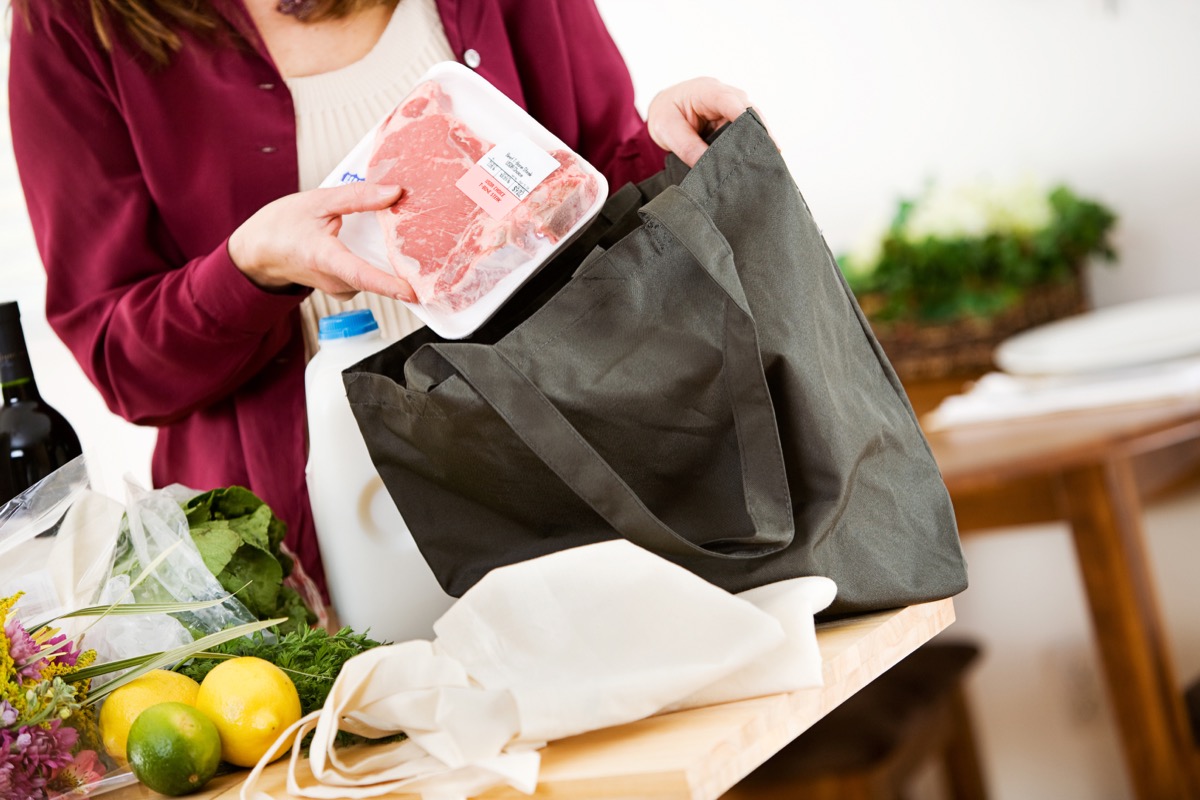
While there's no clear answer on whether or not bringing in your own grocery bag spreads coronavirus, many grocery chains, such as Whole Foods and Trader Joe's, are temporarily banning reusable bags anyway in order to help stem the spread of COVID-19. Yes, it's true that grocery clerks are still handling items that you have already touched and potentially contaminated, but banning reusable bags is just an additional precaution some grocers are using right now to keep shoppers safe.
Thinking you have to get groceries in-person
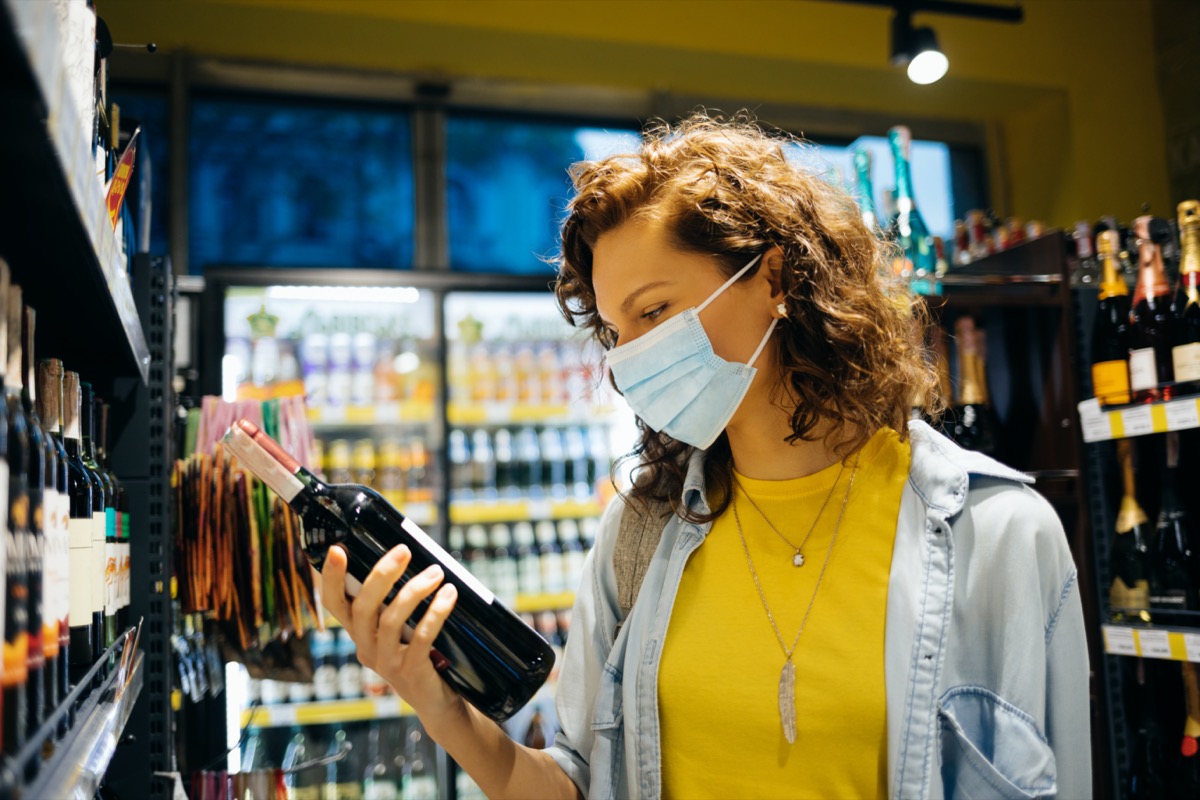
An even safer move than visiting the grocery store in order to get your hands on some sought-after meat or frozen foods? Stay out of grocery stores completely. The CDC recommends ordering your groceries online and either having them delivered or picking them up curbside. The takeaway here is to only venture into a brick and mortar supermarket or store when you absolutely need to.
For more helpful grocery shopping tips, check out the 36 unhealthiest snacks at the supermarket.








